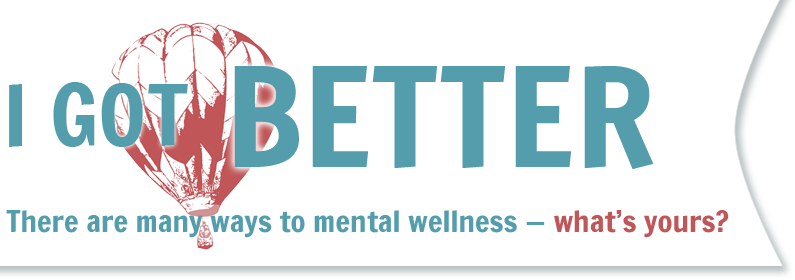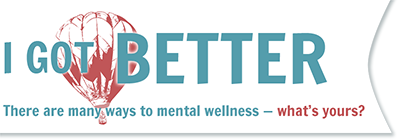A Diagnosis is Not a Destiny

In what ways have you found psychiatric medication(s) helpful, if any?
Helps me feel more in charge of my moods, although I can’t be certain if this is the medication or my belief in the benefits of the medication.
In what ways have you found psychiatric medication(s) harmful, if any?
Rapid weight gain, diabetes and high blood pressure (associated with weight gain) Severe swelling of feet and ankles and development of varicose veins in lower legs associated with taking one of the new antipsychotic medications.
Have you experienced any serious physical health problems as a result of your psychiatric medication(s)?
Sudden weight gain associated with taking one of the new antipsychotic medications with subsequent development of high blood pressure and diabetes. Development of severe edema associated with taking another of the new antipsychotic medications.
During your mental health care, have you often felt hopeful about your chance of getting better?
I felt hopeless until meeting a psychiatrist 13 years ago who told me she believed I could get better and “held the hope” until I believed that myself. This was the first time a professional had said that in over 30 years of treatment (prior 20 years was an experience that left me feeling hopeless).
During your mental health care, have you often felt hopeless about your chance of getting better?
I was unable to tolerate the medication prescribed for 20 years, and despite my clearly being unable to tolerate the medication, psychiatrists kept insisting that I must take that medication and that I would somehow “adjust” to it.
If you overcame hopelessness that you could get better from a mental health or emotional problem, was there a turning point for you?
Yes, when I met a psychiatrist who expressed hope that I could get better, and when I met peers who agreed I could get better and supported me in doing so.
Tell us what recovery means to you. How would you define recovery from mental health or emotional problems in your own words?
Recovery is holding the hope that wellness is possible and doing whatever it takes to get well. This needs to occur in a context where treatment is voluntary and meaningful choices are provided and explored.
If you could send a brief message to someone receiving mental health care today who is feeling hopeless about getting better, what would you say?
Take a risk and make the leap of faith that recovery is possible. Hope grows when you believe “a diagnosis is not a destiny.”
Can you give examples showing you have gotten better from a mental or emotional problem, such as how you are doing well or accomplishing goals you have chosen?
I am working full-time as a program director within a mental health department supporting the emerging and continuing expression of personal power and group advocacy among my peers.


